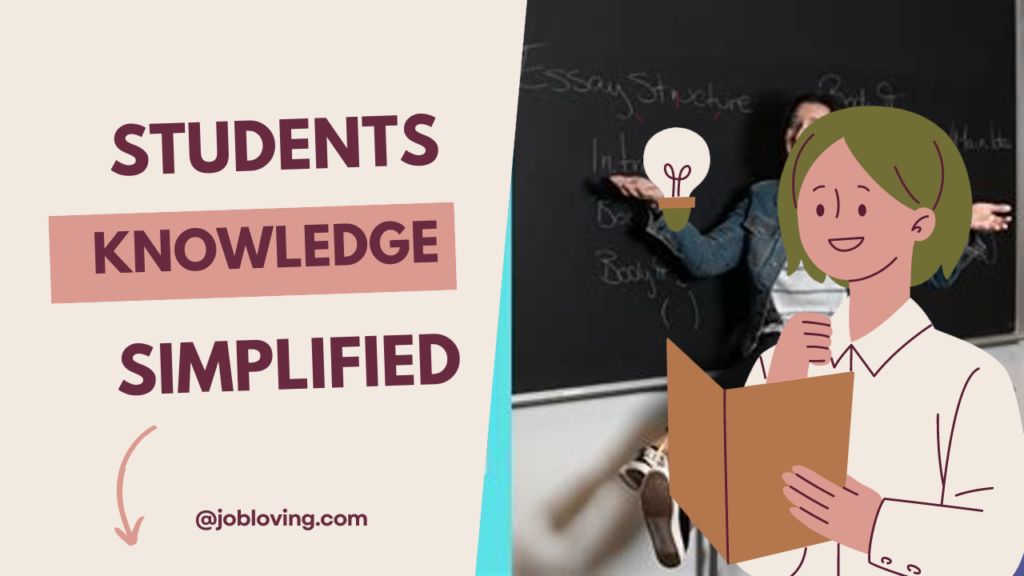When it comes to expectations of professors, students’ wishes often mirror a carefully crafted wish list—complete with thoughtful details that reflect their aspirations for an ideal learning environment. First and foremost, students expect professors to be prepared, knowledgeable, and enthusiastic. This foundation serves as the bedrock for a successful teaching experience. Students thrive in classrooms where instructors exhibit a genuine passion for their subject matter, transforming dry lectures into compelling narratives that spark engagement and curiosity. Imagine walking into a class where the professor radiates enthusiasm; it’s like switching on a light bulb in a dim room.
Organization within the course structure is equally essential. Students appreciate when their professors lay out a clear syllabus with well-defined expectations and structured assignments. Think of the syllabus as a treasure map that guides students through the often-choppy waters of academia. Having a roadmap allows them to anticipate upcoming topics and deadlines, freeing them to focus on absorbing the material rather than scrambling to decipher where they’re headed.
Beyond the basics, students value active engagement through discussions. A professor who is willing to facilitate dialogue transforms the classroom from a one-way street into an interactive forum. Many students cherish the opportunity to share their thoughts and tackle complex issues collaboratively. This exchange encourages critical thinking and a deeper understanding of the subjects at hand.
Be Accessible, Be Real
Accessibility touches various aspects of professor-student relationships. Students expect professors to be available beyond the confines of scheduled class times—willing to answer questions, engage in dialogue, and provide feedback on assignments. Timely communication is paramount. Missed appointments or unreturned emails can breed frustration, while instead, responsive instructors nurture a sense of belonging.
Moreover, students long for a supportive atmosphere where they feel free to express their thoughts and concerns. A professor should strive to both challenge and understand their students, creating a balance that inspires growth without overwhelming them. The requirement for fairness stands out; students want to ensure that grading criteria are consistently applied to all, fostering a sense of justice.
As the educational landscape evolves, specifically in the wake of the pandemic, many students now seek a wider range of teaching styles. With approximately 40% of students noting that mental health struggles hinder their academic achievements, flexibility in deadlines and attendance becomes crucial. Students grappling with various responsibilities or personal challenges desire accommodations that reflect an understanding of their circumstances.
Ultimately, professors who can effectively foster relationships and inspire curiosity, while also being flexible and genuinely invested in their students’ success, are likely to create the most fruitful academic environments. Such an approach not only enhances student outcomes but also cultivates a community where education thrives—an ideal that resonates deeply with current and future generations of learners.
What role does professor enthusiasm play in student engagement and learning outcomes?
Professor enthusiasm significantly enhances student engagement and overall learning experiences, making the classroom environment more dynamic and enjoyable. When instructors exhibit passion for their subject matter, students are more likely to connect with the material and participate actively in discussions.
How does a well-structured course impact student success?
A well-organized course structure is crucial for students to navigate and absorb course material effectively. Clear syllabi and structured assignments help students understand expectations, leading to better outcomes and higher satisfaction levels.
In what ways can professors foster a supportive learning environment?
Professors can foster a supportive learning environment by being approachable, facilitating open discussions, and encouraging students to express their thoughts freely. This mutual respect and communication create a sense of community that enhances the overall educational experience.
Why is flexibility in teaching methods important for student success?
Flexibility in teaching methods is essential as it allows professors to adapt to diverse learning styles and needs. Students increasingly seek varied pedagogical approaches, especially post-pandemic, to enhance engagement and improve academic performance.

